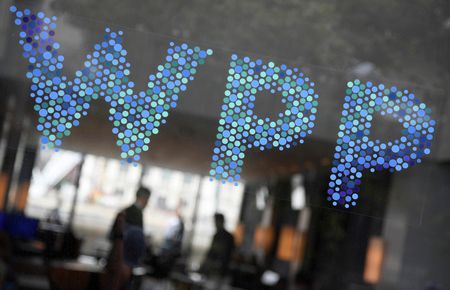By Johan Ahlander
STOCKHOLM (Reuters) -Swedish banking group Swedbank reported better than expected first-quarter net profit on Tuesday, driven by lower loan losses, but said that trade conflicts had dampened economic recovery in the bank’s markets.
The Nordic country’s biggest mortgage lender said net profit fell to 8.20 billion Swedish crowns ($852.7 million) from 8.43 billion crowns a year earlier and against a mean forecast of 7.66 billion in an LSEG poll of analysts.
CEO Jens Henriksson said that lower interest rates and turbulent markets had impacted both net interest and commission income in the quarter.
“The world economy is being revised down and it also affects us. We see that growth in Sweden is lower,” he told a news conference.
The outlook for the fragile, export-driven Swedish economy has worsened in recent months, driven by fears that tariff wars could weigh on world economic activity.
The dimmed outlook has changed the view on monetary policy and several analysts now see the central bank cutting rates at least one more time this year from the current 2.25%.
However, Henriksson said Swedbank had gone through the large and medium-sized companies in its loan portfolio and that the direct impact of the tariffs had been “quite small” so far.
Swedbank had no loan losses in the quarter and instead booked reversals of 141 million crowns due to previously expected loan losses that had not materialised. Analysts had expected loan losses of 309 million crowns in the quarter.
Shares in Swedbank were up 3.6% at 0748 GMT, outperforming the European bank index, which was up 1.3%.
JP Morgan analysts described the results as “solid” in a research note but said that they didn’t expect them to lead to any major changes to the outlook for the bank.
Swedish peer SEB reported a first-quarter net profit that was marginally below market expectations on Tuesday as slightly stronger than anticipated interest and commission income was offset by rising credit loss provisions.
($1 = 9.6170 Swedish crowns)
(Reporting by Johan Ahlander. Editing by Kim Coghill and Mark Potter)











